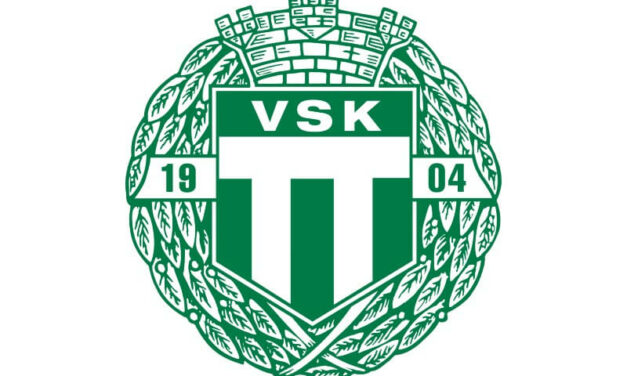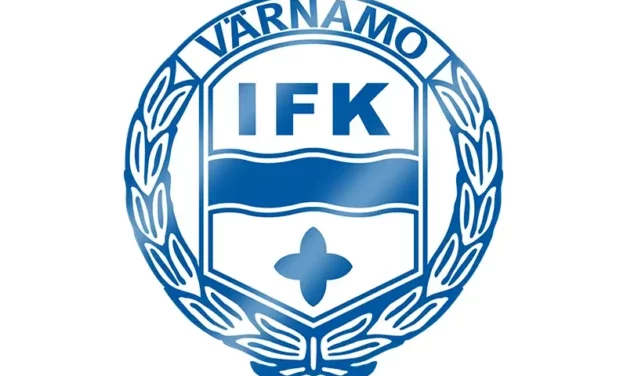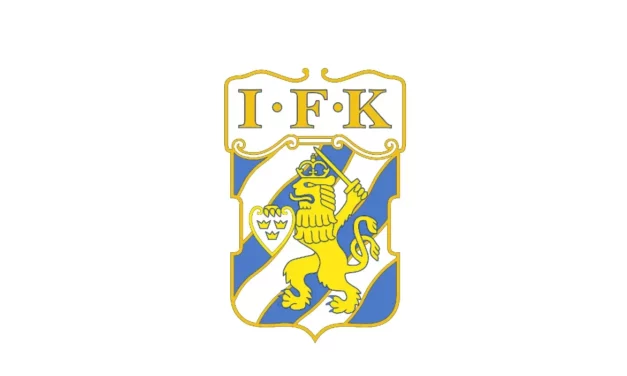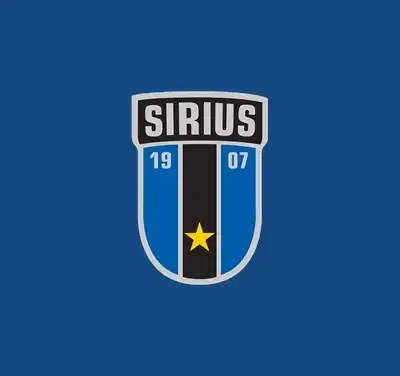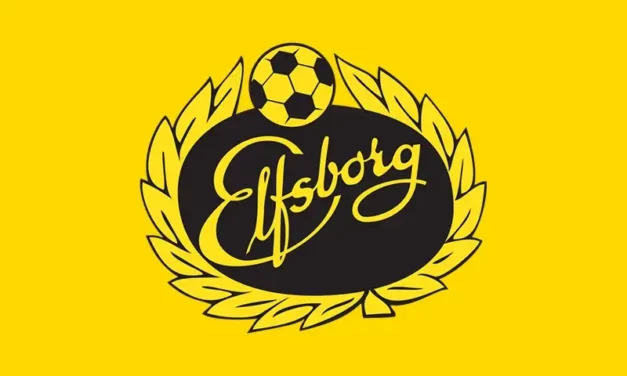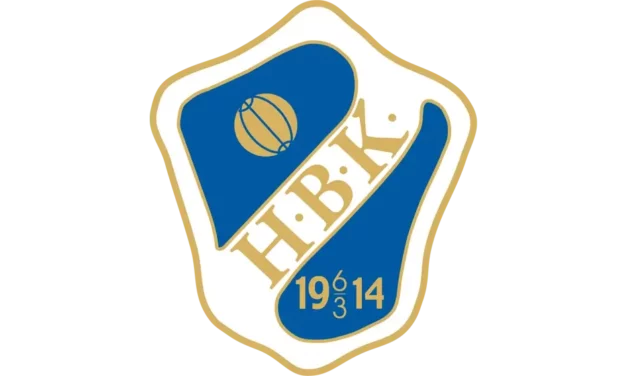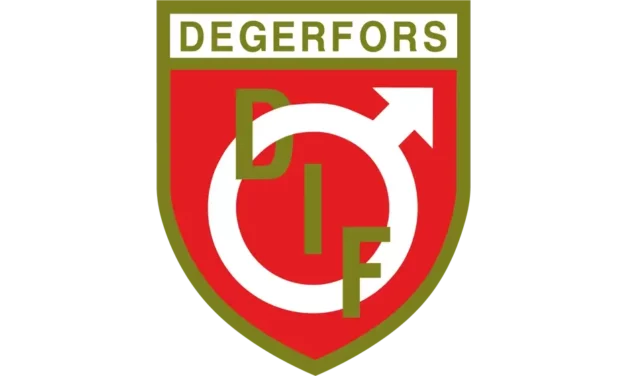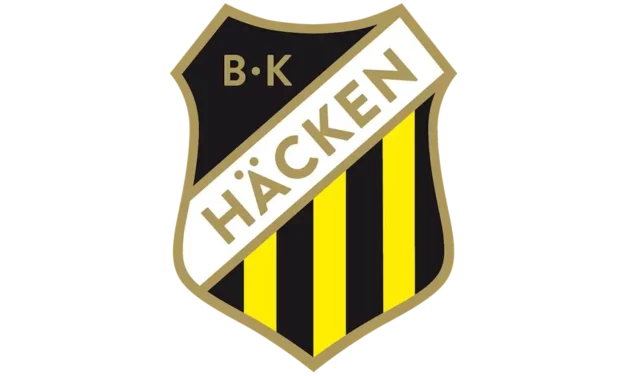Category: Allsvenskan
- 1
- 2
Everything you need to know about the Swedish football team Västerås SK
Introduction to Västerås SK football team Are you ready to dive into the thrilling world of...
Read MoreEverything you need to know about the Swedish football team IFK Värnamo
Welcome to the world of Swedish football and the exciting journey of IFK Värnamo! In this article,...
Read MoreEverything you need to know about the Swedish football team IFK Göteborg
Introduction to the Swedish football team IFK Göteborg Welcome to a comprehensive guide on...
Read MoreEverything You Need To Know About The Swedish Football Team Varbergs Bois
Hey there, football enthusiasts! Are you curious about the Swedish football team Varbergs BOIS?...
Read MoreEverything You Need To Know About The Swedish Football Team IK Sirius
If you’re a football fan, then you’ll know that some of the most exciting teams in...
Read MoreEverything You Need To Know About The Swedish Football Team If Elfsborg
Discover the secrets of the Swedish football team, Elfsborg. Learn about their journey to the top in this must-read guide!
Read MoreEverything You Need To Know About Halmstads BK
Discover the secrets of Halmstads BK – Sweden’s rising football stars. From their history to their top players, get ready to be amazed!
Read MoreEverything About Mjällby AIF
Discover all the facts on Swedish football team Mjällby AIF – from their history to their latest successes. Click to learn more.
Read MoreEverything About IFK Norrköping
Get the scoop on IFK Norrköping, Sweden’s top football team. Learn everything you need to know about these champions!
Read MoreEverything About Hammarby IF
Hammarby IF is one of Sweden’s most successful football teams. Founded in 1889, the team has...
Read MoreEverything You Need To Know About Degerfors If
Degerfors IF is one of Sweden’s most successful football teams. Founded in 1907, it has won...
Read MoreEverything About The Swedish Football Team BK Häcken
Football fans around the world know about BK Häcken, one of Sweden’s most successful clubs....
Read More
Allsvenskan Football: A Comprehensive Guide to the History, Rules, and Format of Sweden's Premier League
Allsvenskan football is the top professional football league in Sweden. It was founded in 1924 and has since become one of the most popular sports leagues in the country. The league consists of 16 teams, with each team playing 30 matches throughout the regular season. The league has a long and storied history, and its teams have produced some of the best players in Swedish football history.
History of Allsvenskan Football
Allsvenskan football was founded in 1924 as a way to bring together the best football teams in Sweden. The league has undergone several changes over the years, including the expansion of the number of teams and the number of matches played in a season. Throughout its history, Allsvenskan has produced some of the most memorable moments in Swedish football history, including the rise of legendary teams like Malmö FF and IFK Göteborg.
In recent years, Allsvenskan football has become more popular than ever, with millions of fans across Sweden tuning in to watch their favorite teams compete. The league has also become more competitive, with several teams vying for the top position in the league each season.
Current Allsvenskan Teams
The current Allsvenskan football league consists of 16 teams from across Sweden. These teams include AIK, Djurgårdens IF, IF Elfsborg, IFK Göteborg, IFK Norrköping, IK Sirius, Kalmar FF, Malmö FF, Mjällby AIF, Örebro SK, Östersunds FK, Varbergs BoIS, Hammarby IF, Helsingborgs IF, Falkenbergs FF, and BK Häcken.
Each team has a unique history and fanbase, and the league is known for its passionate supporters and intense rivalries. The teams in Allsvenskan football are some of the best in Sweden, and many of them have a long and storied history in the league.
Allsvenskan Football Format
The Allsvenskan football season runs from April to November, with each team playing a total of 30 matches throughout the season. The team with the most points at the end of the season is crowned the league champion. The bottom two teams are relegated to the Superettan, while the top two teams from the Superettan are promoted to Allsvenskan.
Allsvenskan football also features a mid-season break, which usually takes place in June or July. During this break, teams have the opportunity to rest and recuperate before the second half of the season begins.
Allsvenskan Football Rules
Allsvenskan football follows the same rules as other professional football leagues around the world. The league uses a points system to determine the standings, with teams earning three points for a win, one point for a draw, and zero points for a loss. In the event of a tie in the standings, the team with the better head-to-head record is ranked higher.
Allsvenskan football also has a number of regulations in place to ensure fair play and sportsmanship. These regulations include rules regarding player conduct, team conduct, and the use of video assistant referees (VAR) to review controversial decisions.
Allsvenskan Football Top Performers
Over the years, Allsvenskan football has produced some of the best players in Swedish football history. Some of the top performers in the league's history include Gunnar Nordahl, who scored 149 goals in just 172 appearances for IFK Norrköping and AC Milan, and Glenn Hysén, who won two league titles with IFK Göteborg and went on to play for Liverpool in the English Premier League.
In recent years, players like Zlatan Ibrahimović and Emil Forsberg have also made a name for themselves in Allsvenskan football. Ibrahimović, who played for Malmö FF before moving on to some of the biggest clubs in Europe, is widely regarded as one of the greatest football players of all time.
Allsvenskan Football Records
Allsvenskan football has a rich history filled with memorable moments and incredible performances. Over the years, the league has produced several records that still stand today. Some of the most impressive records in Allsvenskan football history include Gunnar Nordahl's record of 149 goals in a single season, set during the 1948-49 season, and IFK Norrköping's record of 17 consecutive wins, set during the 2015 season.
Allsvenskan Football Fans and Culture
Allsvenskan football is known for its passionate fans and intense rivalries. Each team has a unique fanbase, and matches between rival teams are often some of the most highly anticipated events of the season. The league also has a strong culture surrounding it, with fans and supporters coming together to celebrate their love of the game.
In recent years, Allsvenskan football has also become more diverse, with players from all over the world coming to Sweden to compete in the league. This has helped to create a more inclusive and welcoming environment for fans and players alike.
Allsvenskan Football and the Swedish National Team
Allsvenskan football has played an important role in the development of the Swedish national team. Many of the top players in Swedish football history have come from Allsvenskan teams, and the league continues to be a breeding ground for the next generation of Swedish football stars.
The success of the Swedish national team in international competitions is also closely tied to the success of Allsvenskan football. When the league is strong and competitive, it helps to produce better players and more competitive teams at the national level.
Conclusion
Allsvenskan football is a rich and storied league with a long history of producing some of the best players and teams in Swedish football history. From its humble beginnings in 1924 to its current status as one of the top professional football leagues in Europe, Allsvenskan football has come a long way in the nearly 100 years since its founding.
Whether you're a die-hard fan or a casual observer, there's something for everyone in Allsvenskan football. From the passionate fans to the incredible performances on the pitch, this league is truly one of a kind. So why not tune in and see for yourself what all the excitement is about?

